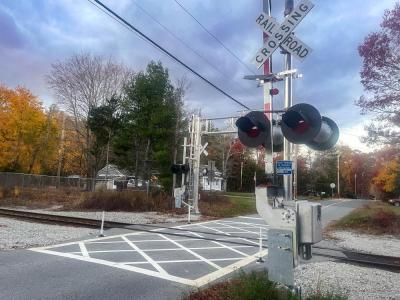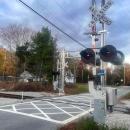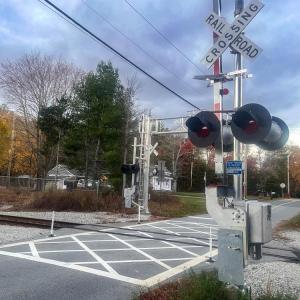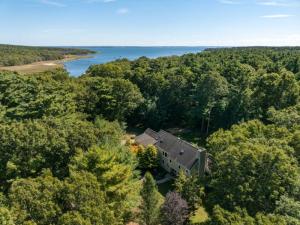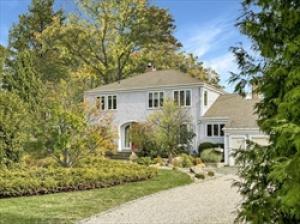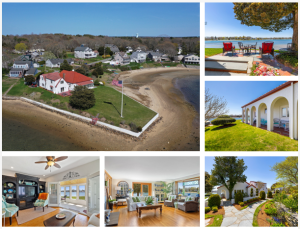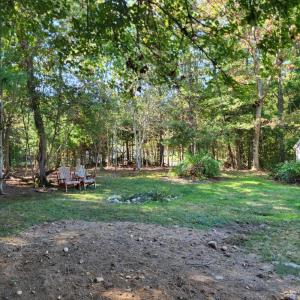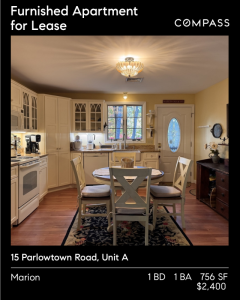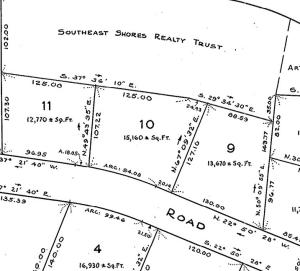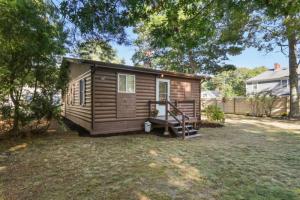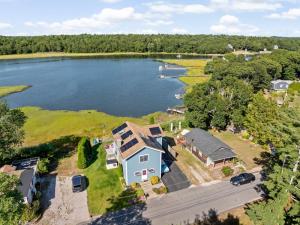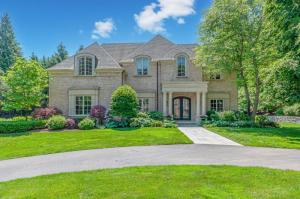Lakeville tracks down solutions to train noise issue
LAKEVILLE — After the introduction of a new Massachusetts Bay Transportation Authority commuter line through Lakeville earlier this year, residents have raised noise complaints about the trains passing by their homes.
The town is pursuing a Quiet Zone designation from the Federal Railroad Administration to reduce the noise of the approximately 30 trains traveling up to 79 mph, according to a town report, passing through Lakeville each day.
Trains are required to sound their horn 15-20 seconds before entering a crossing or when it is no more than a quarter mile from the crossing. In a Quiet Zone, locomotives are not required to sound their horns, but are still allowed to if the operator deems it necessary.
In order to receive this designation, Lakeville would first need to install updated safety features at its three crossings at Leonard Street, North Precinct Street and Malbone Street.
The estimated cost of upgrading all three crossings is between $2.4 million and $3 million.
Carlos Lopes, a Freetown Selectman, said during a Nov. 3 joint meeting with Lakeville the towns could spend millions trying to obtain this designation without guaranteeing silence.
“The conductor has the ultimate say,” Lopes said. “Even if we have all these things — all these ducks in a row, boxes checked — the conductor can still play their musical horns at night, which is frustrating.”
VHB, a civil engineering firm hired by the town to identify and design updates to the crossings, recommended installing two additional crossing gates and additional signage warning drivers of “No Train Horn” at the Leonard and North Precinct streets.
The Malbone Street crossing overlaps with the Berkley zone and would require coordination with the neighboring town. The firm recommended the installation of a 100-feet-long by 4-feet-wide median on each side of the crossing. Berkley has several crossings within a half-mile they would need to upgrade as well.
“The fact is, Berkley's crossings are right there, if they don't do theirs, then it doesn't matter if we do ours,” Town Manager Andrew Sukeforth said. “Unfortunately for our small town, we don't have the fiscal resources to handle it without significant state or federal funding.”
Select Board member Lorraine Carboni said a possible alternative to the Quiet Zone would be noise mitigation. Some neighboring towns have already utilized this approach.
She said the town has a list of residents directly impacted by the rail line, and suggested expanding solutions to additional residents.
“Maybe that net of mitigation is thrown out a little bit wider,” Carboni said. “We're not the first community with the train coming through — I'm sure we won't be the last — but whatever other communities support through their mitigation there's got to be a way to help reduce some of the impact.”
Sukeforth said the town would have to make these upgrades and be certified for safety before becoming a Quiet Zone, and might not know the outcome until funds are already spent.
Because of the large price tag and cooperation needed between surrounding towns, he said the town needs to know how its neighbors want to proceed before making its next decision.
“The best next step is to personally have conversations — or try to facilitate conversations — between Berkeley and Freetown and Lakeville to see if there's a desire to do this regional solution.”
He said he expects the Select Board to formally discuss the issue at one of its December meetings.














